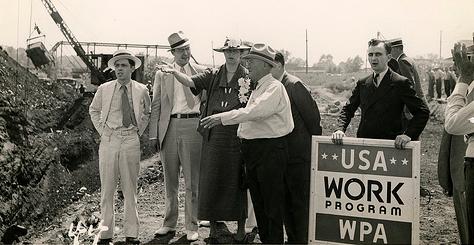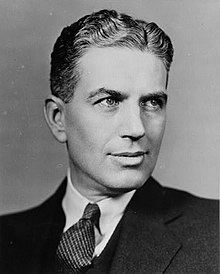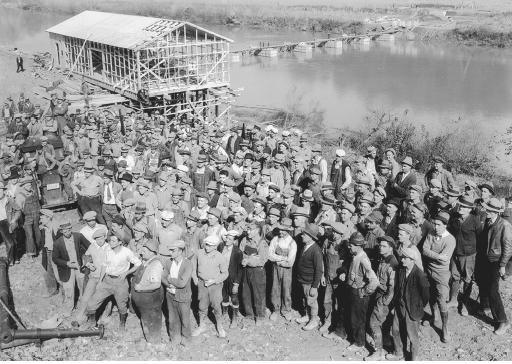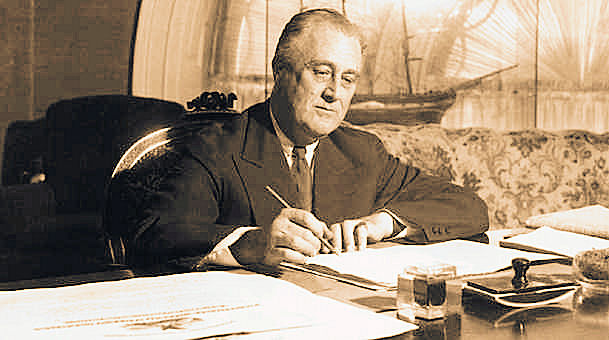Unemployment (year): 14.6%
Dow Jones Industrial Average: 151
Summary:
Oren Root, a young lawyer yearly in the year of 1940, attended one of Herbert Hoover's speech addressed to the Young Republicans Club of New York. Root believed that the struggle for Europe (As World War II had just begun) was similar to the struggles that the New Deal proposed in the US and the US was not yet ready to be involved in the war and if they ended up engaging in war, he believed that he presidency should go to someone who understood wartime politics like Wendell Willkie. This initially wasn't taken seriously. Eventually the Republican party and writers such as Hubert Kay began supporting Willkie against Roosevelt, arguing how inefficiently Roosevelt was using government spending's and using the weaknesses of Roosevelt's New Deal. Willkie used this politics views about freedom and growth to gain popularity with the Republicans. Still Roosevelts efforts in the depression such as providing millions of peoples with jobs, passing the social security act and etc, overshadowed Willkes argument and ideas. Not to mention that in wartime, Roosevelt would prove to be the better candidate, eventually leading him to be reelected in 1940. Willkie brought up the topic of who exactly the forgotten man was, and reminded people that the forgotten man was the person who wanted most to protect the country.
Key Terms:
Town Hall Meeting of the Air
Stryker
TVA
The New Deal
American Liberalism
Questions:
What did Willkie's wager prove to Americans?
Who is the Forgotten man towards the end of the book?
Pictures:
1940, March 16 2015, http://de.wikipedia.org/wiki/Wendell_Willkie
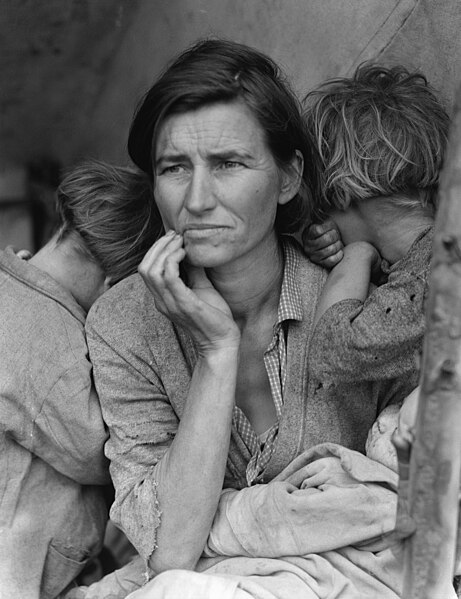
Dorothea Lange, March 16 2015, http://en.wikipedia.org/wiki/File:Lange-MigrantMother02.jpg

